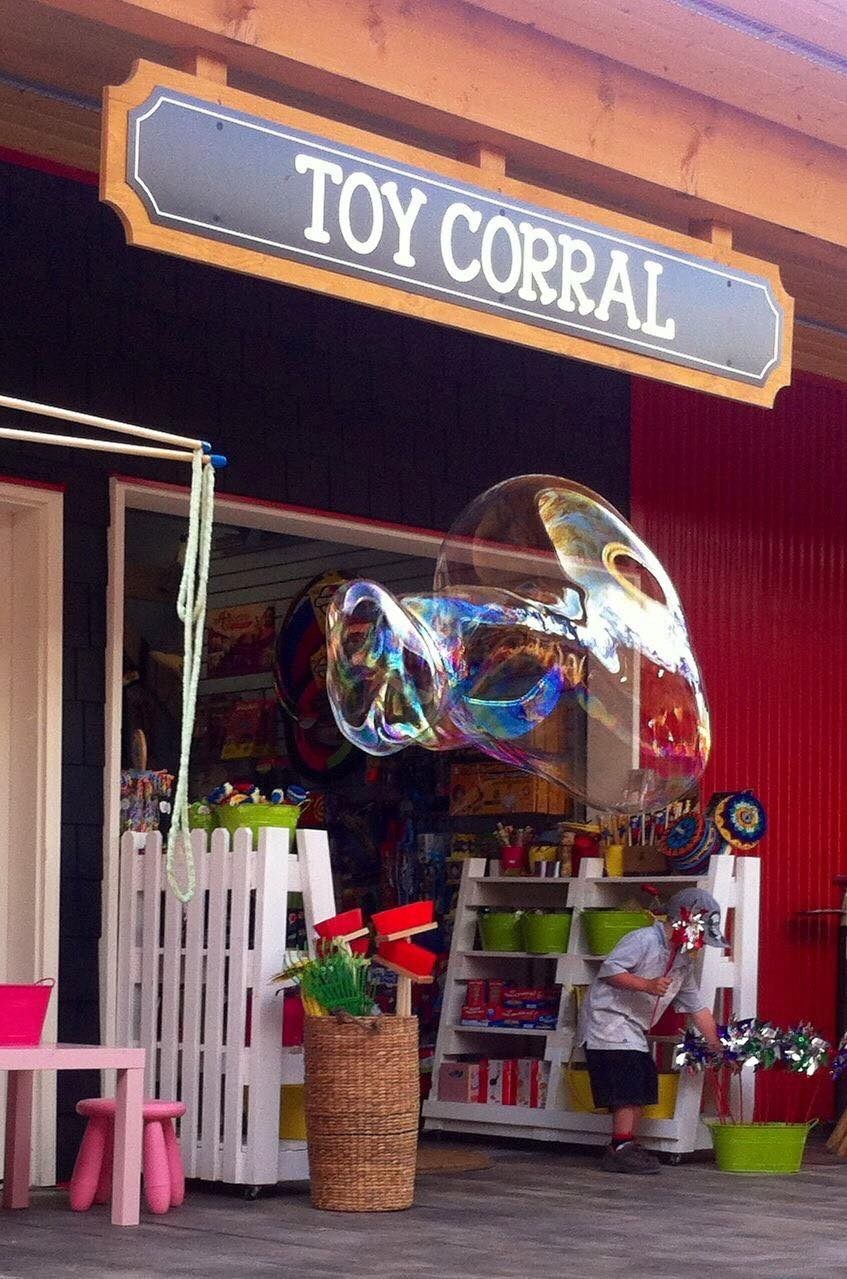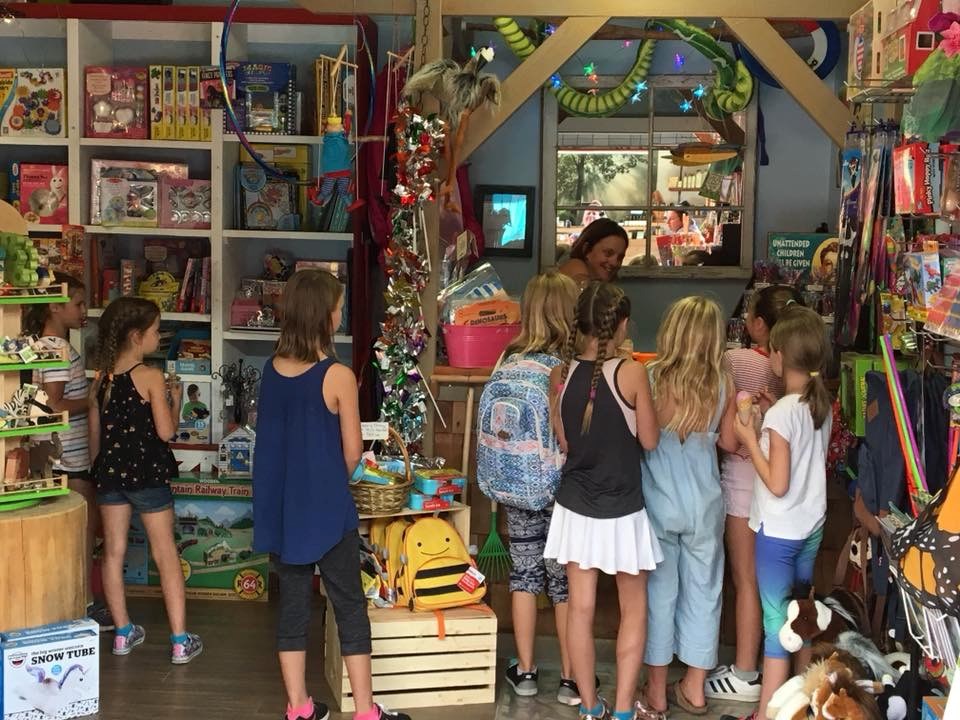The Toy Corral, the children’s store in the Squamish Town Hub on Mamquam Road, is shutting its doors on Sept. 29.
Its owner, Georgina McCandlish says it is a perfect storm of Squamish issues that is causing her to shut.
“I am devastated,” she said. “I don’t want to go for sure. It is with a heavy heart.”
As of Jan. 1, her monthly overhead increased 45 per cent, she said.

Her landlord, property owner Sam Kim, told The Chief the increase was just over 26 per cent and that the store’s rent has been fixed since Jan. 1, 2015.
“We have not raised her rent for more than 3.5 years, and she was paying around 70 to 75 per cent of what her neighbours pay,” he said in an email. “I believe our offer was very reasonable considering the recent increase in operating costs and price level in Squamish.”
But McCandlish, who has lived in Squamish for 18 years, said that as of January other triple-net expenses were downloaded to her business, which upped the overall percentage increase.
Her store is tiny, she noted.
“My rent isn’t that high compared to these other places, but what I am offered — my square footage — is so low that I am paying prices like what you would pay down on West Fourth Avenue in downtown Vancouver,” she said.
She wishes the province had a cap for how much commercial landlords could increase rent, as there is for residential landlords.
The provincial law does not afford the same protections against substantial lease or rent increases for commercial tenants as it does for residential tenants. A legislated change would have to occur to make such a cap a reality.
Municipal governments have no control over commercial rents.
But a spokesperson for the District said through council decisions, it has pursued a strategy to increase the supply of commercial space “through re-zonings whereby developers have been required to commit to building commercial space to develop residential units, and previously through tax exemption programs in the Downtown core and the Business Park. An increase in supply should, in theory, translate into more affordable lease costs.”
Other local government initiatives that aim to help small business in Squamish include
the Employment Land Strategy, which seeks to keep a supply of a variety of retail space.
“The District is in the process of updating and enhancing the current employment land/space inventory to better understand market dynamics and make more informed decisions. An Employment Space Model is also being developed to help anticipate future demand by sector, land and space needs,” the spokesperson noted in an email to The Chief.
The District doesn’t have stats on how many businesses have closed in the last year, but there were 442 new business licences issued in 2017.
McCandlish said that her overhead expenses are just one factor in why she has to close.
Although the parking lot was paved since the new owners bought the property a few years ago, nothing else has been done to drive foot traffic to the hub, she said.
The property’s previous owner, Natalie Pereman —when it was known as On the Farm Country Market — had envisioned the property as a bustling centre for independent shops and entertainment, but that dream hasn’t come to pass under the new ownership, McCandlish said.
“I gave it time. I gave them three years to see if they were going to pull through and get the signage on the road, etcetera. We were hoping to make it that hub, with music and markets.”
McCandlish said she also couldn’t find a suitable location anywhere else in Squamish that would work to relocate her store.
She had initially hoped to one day expand her store, but that isn’t affordable in the district.
Other factors that contributed to her decision to close include that Squamish’s many commuters want extended hours, so they can shop after work, which increases the amount business owners have to pay out in wages, “for that chance that you might get a couple of sales within that two extra hours,” she said.
“It doesn’t really balance out.”
Competing with big box stores and increased internet shopping has also cut into the bottom line.
“People are working in the city, and it is easier to come home and have a parcel in the mailbox as opposed to having to go out with their kids and shop,” McCandlish said.
The store, which McCandlish has operated at its current location for five and a half years, has been popular with many young Squamish families. As news of Toy Corral closing spread, dozens of posters grieved the loss on social media.
“I have been taking my two kids to play at your toy store since we moved here in 2013,” wrote parent Paula Funes, on the store’s Facebook page.
“The train table and free toys to play with made for a great gathering place for moms and children to meet other moms and kids in our community.”
McCandlish said she has great customers who come from as far away as Pemberton to shop, but there aren’t enough customers to sustain the business.
McCandlish isn’t sure yet what she will do next. She has made a career of selling toys for the last 15 years, so a move to somewhere more affordable to start up another toy store isn’t out of the question.
“I feel like this business needs to grow if I really want to make it work. If it is relocating or making a whole different career path — I am not sure yet.”



